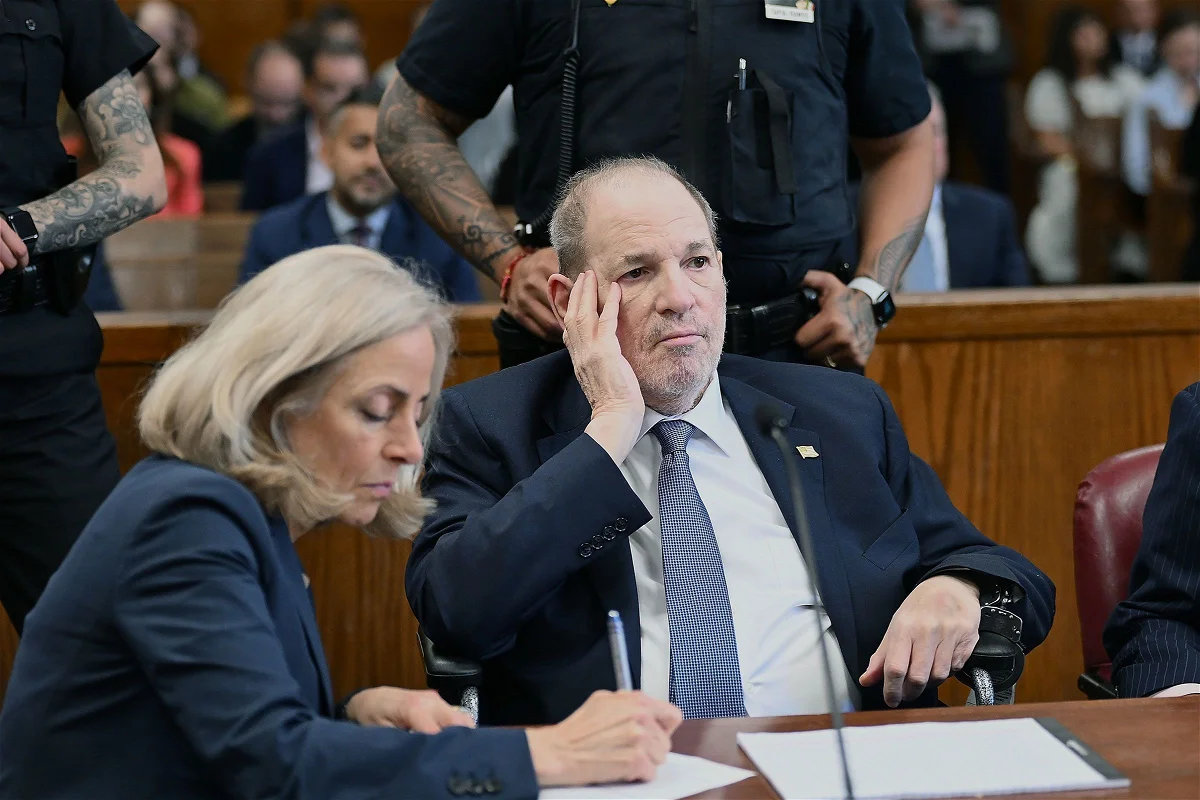Lawmakers in New York may soon amend the legal standards that led to Harvey Weinstein’s rape conviction being overturned. The momentum behind a bill to bolster sexual assault prosecutions has been building since the disgraced movie mogul’s case was dismissed.
Late last month, New York’s highest court threw out Weinstein’s conviction, stating that the trial judge improperly allowed women to testify about allegations that were not part of the criminal charges. Two weeks later, lawmakers are advancing a bill that would allow courts to consider evidence that a defendant in a sex crimes case committed other sexual offenses. However, judges would still have the discretion to exclude such testimony if it would create “undue prejudice” against the defendant.
Assemblymember Amy Paulin, a Democrat who sponsors the bill, emphasized the importance of this evidence in sexual assault cases. “In sexual assault cases, which typically rely on the survivor’s testimony, it’s crucial to present a perpetrator’s pattern of behavior in court,” Paulin said at a rally in New York City on Thursday.
New York law already permits such evidence in some instances, like to prove a motive or common scheme, but supporters of the bill argue that the rule needs clarification after the Weinstein ruling. Paulin noted that 16 other states and the federal government have similar laws.
Weinstein, 72, has denied the New York charges. He is accused of raping an aspiring actor in 2013 and sexually assaulting a production assistant in 2006. His conviction in 2020 was a landmark event in the #MeToo movement, which has brought attention to sexual misconduct in American society.
New York prosecutors are seeking a retrial for Weinstein in September. The former film executive has also been convicted of rape in California and was sentenced to 16 years in prison there. He is currently incarcerated in New York.
However, the bill has met with criticism from the Legal Aid Society. Amanda Jack, a policy director at the organization, stated that the proposal is overly broad and could undermine fairness and due process. “This bill is so far removed from any sense of fairness and due process that it must be rejected as a dangerous undoing of our system of criminal trials,” Jack said.
Heather Ellis Cucolo, a professor at New York Law School, explained that admitting such evidence requires careful consideration by the court, but it could be useful in cases where two people offer conflicting accounts of an incident. “It’s incredibly difficult to weigh the evidence when it’s just he said, she said,” she noted. “The goal of using prior bad acts is to show that this is a pattern, that this person has done this with other victims.”















































